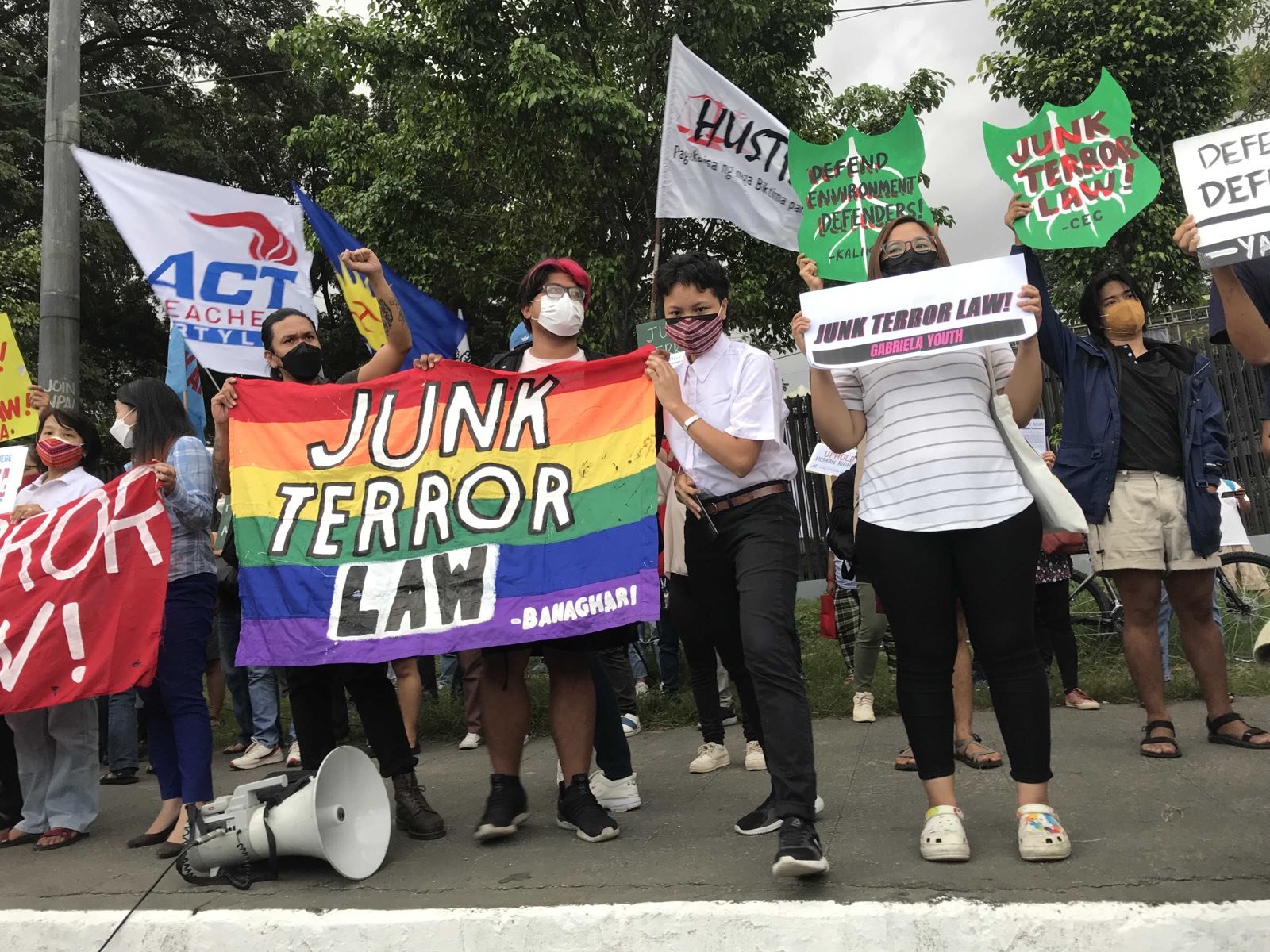I'm Middle Eastern, not White
Growing up Arab-American, I always dreaded checking a box for my race.I remember looking at the list of checkboxes on my college applications, reading the options over and over again because I did not see a single one that fit my identity. I was so confused when my teacher told me I had to check white. I am not white passing nor do I identify as white, but on paper I am indeed considered caucasian.
According to the United States Census Bureau, people of Middle East and North Africa descent (known as the MENA region) are considered white. However, similar to Latinx communities, Arab and Persian communities are racially diverse ranging from people who are white and blonde to people who are brown and black. As a result,
Americans of Middle Eastern descent are caught in the middle, not seen as white, but also not seen as people of color - white without the privilege.
The fight to add MENA to the Census
For years, MENA Americans have been petitioning to have a MENA category added to the US census. The data from the census is used for multiple things such as allocating resources, political redistricting, and assessing racial disparities in the health care system among many other things. The exclusion of MENA people in the census takes away their political power, health data and social services. As a result Middle Eastern Americans are neglected by both federal government and private institutions.
Before President Barack Obama left office in 2016, there were conversations about including a MENA option in the Census, but it was not added to the 2020 census, meaning we’ll have to wait another 10 years with no data until the next census in 2030.
Breaches of Trust
Even though there are many downsides to not having a MENA category, many MENA Americans have legitimate concerns about the US government collecting data on our communtiy due to the repeated breaches of trust with the Middle Eastern and Muslim communities. Although not all Middle Easterners are Muslims and not all Muslims are Middle Eastern, the two communities overlap a lot when it comes to US domestic and foregin politics.
In 2016, during in presidential campaign, Donald Trump’s said he would pass a Muslim ban and create a Muslim registry. Just seven days after he took office, Trump signed an executive order banning citizens from seven Muslim-majority countries. Although the ban was challenged multiple times, it was eventually upheld until Joe Biden’s administration reversed it. But Trump’s Muslim Ban was the latest of a long line of harmful legistlation and programs against Middle Easterners and Muslims.
After 9/11, the Bush Administration passed the Patriot Act which allowed law enforcement to conduct surveillance of Mosques and Muslims communities.The New York Police Department, particularly a squad called the Demographics Unit, was notorious for this. The unit tracked everything Muslim New Yorkers did from where they ate to where they shopped. This program was finally stopped in 2014, after 13 years.
Surveillance of Muslims communities continued under the Obama Administration under the guise of Counter Radicalization programs that allowed police departments along with the Department of Homeland Security to monitor migrant youth.
What’s worse is that many of the so-called radical youth with ISIS plots to attack in the United States were, in fact, orchestrated by the FBI and not ISIS. One of them was in my home town Portland, Oregon.
In 2012, the FBI arrested a Somali-American Oregon college student, Mohamed Osman Mohamud for allegedly attempting to detonate a car bomb at a Christmas tree lighting ceremony. Not only was the bomb a fake but the van, the fake explosive material and the detonator were all provided by the FBI. Even better, an undercover FBI agent drove Mohamud to the location. After the FBI arrested Mohamud, he was sentenced to 30 years in prison.
Call to action
Because of these events, many MENA Americans are wary of providing government organizations with more data. However, not being a part of the census or of any distinct category also means not having a political voice or power both now and in the future. Instead of living in fear of what the US government and law enforcement agencies will do, we need to hold them accountable.
The US Census in 2030 is a big step but is still a lot that can be done. Companies, nonprofits, and higher education institutions can add a MENA option in surveys, diversity initiatives and applications. Instead of lumping this community with other groups and letting us fall between the cracks, start thinking about our communities intersectionality. People and communities are complex and intertwined. Let’s start changing how we think about it.
Written by Hanin Najjar












